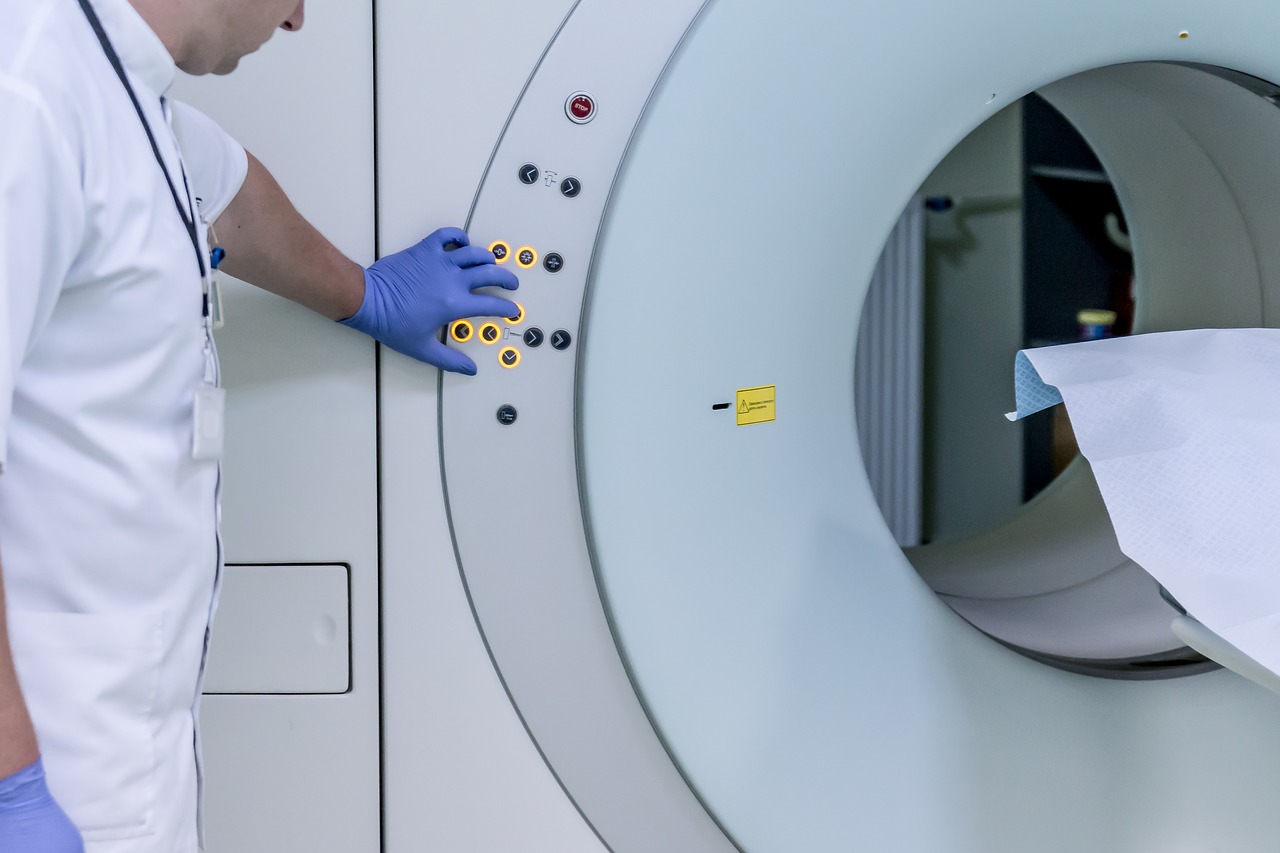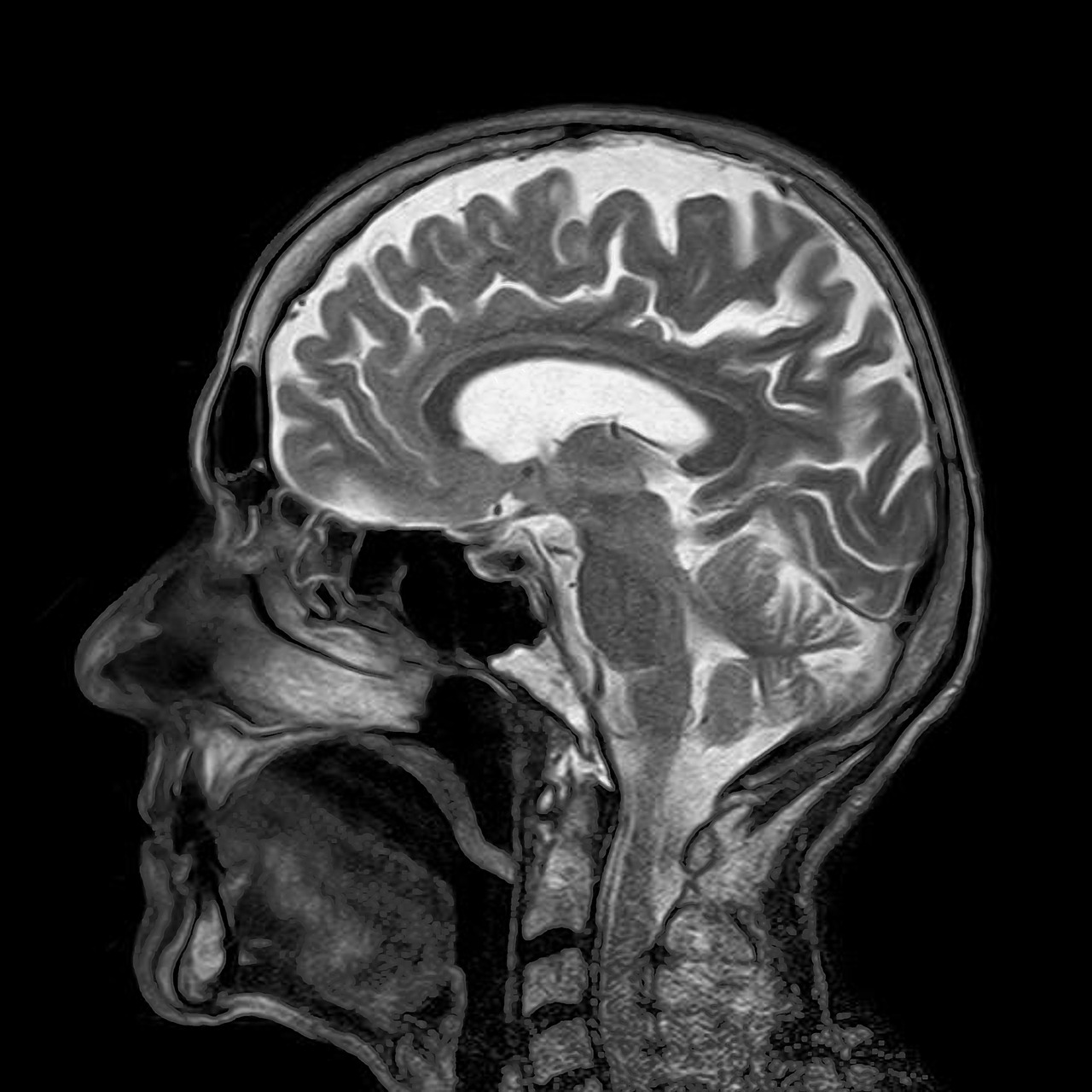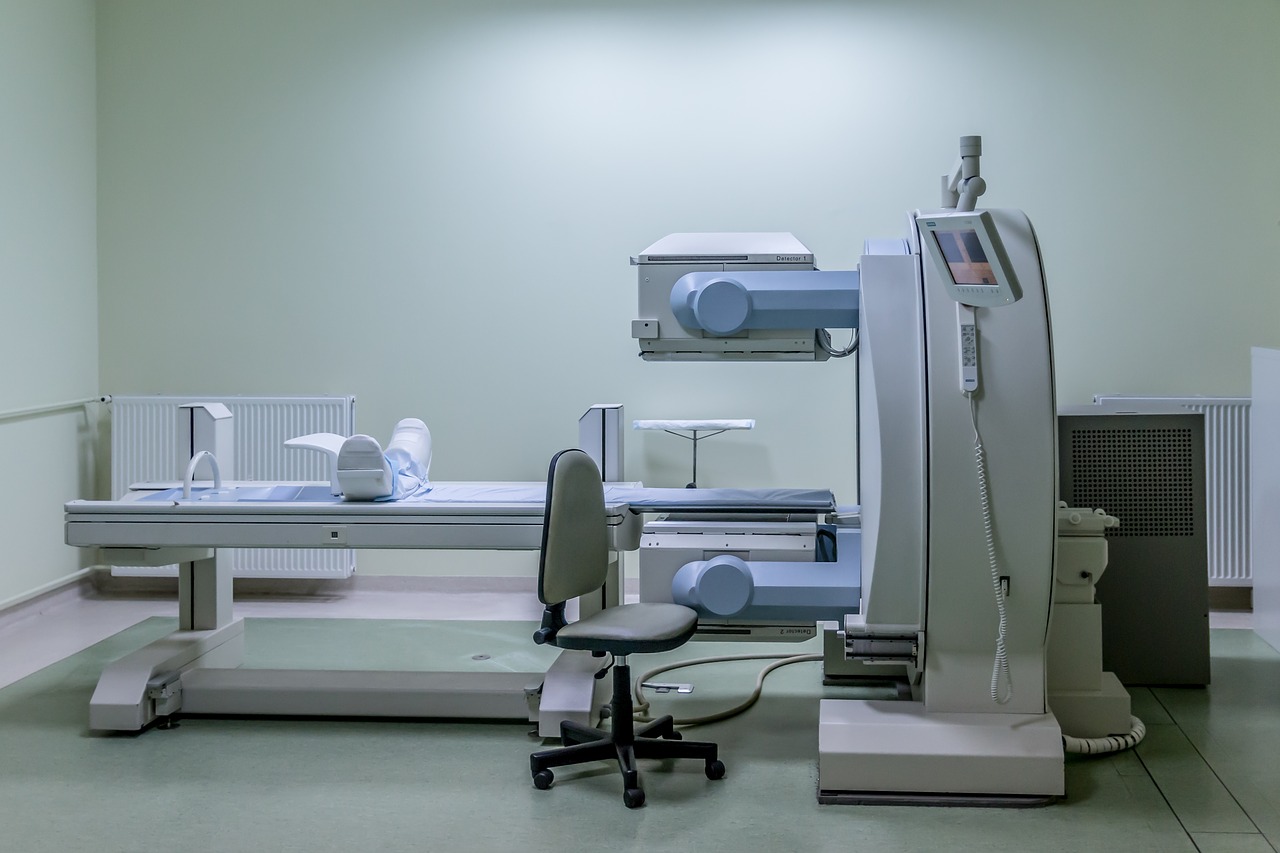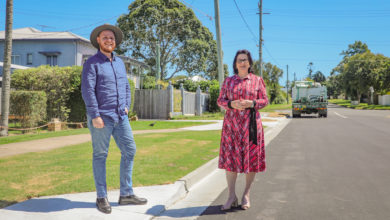
Ipswich residents will now be able to access lifesaving scans for cancer, stroke, heart and other medical conditions after a licence for a MRI was approved by the Federal Government.
The machine is expected to benefit Ipswich residents through a Medicare rebate and provide an estimated 3719 services a year.
Doctors use MRI scans to get a detailed view of the soft tissues of the body such as muscles, ligaments, brain tissue, discs and blood vessels.
West Moreton Health Board chair Michael Willis said the announcement of the MRI licence for Ipswich Hospital was a great day for the West Moreton community.
“An MRI at Ipswich Hospital is vital for our growing community and the State Government’s announcement last year that it would fund the MRI purchase as part of the $124.5 million Ipswich Hospital expansion was a red-letter day for the region,” Mr Willis said.
“Previously, we have been working with St Andrew’s and other public hospitals such as the Princess Alexandra to provide all our MRI scanning services.
“Having our own MRI is an important element of our Master Plan for the future direction of healthcare services in the West Moreton region.”
Mr Willis said the Federal Government announcement was timely, coming just as West Moreton Health prepares to go out to market for the MRI machine.
“West Moreton Health is going out to tender to purchase and install the MRI, with the machine likely to be up and running by the end of the year.”

Ipswich Hospital Medical Imaging Department director James Abbott said the MRI would be a significant new diagnostic tool for West Moreton Health.
“At Ipswich Hospital, our emergency department will use the MRI to help diagnose things such as spinal infections and other life-threatening conditions more rapidly. Other clinical areas of the hospital will use it to monitor things such as post-stroke recovery and breast care,” Mr Abbott said.
“For patients, the MRI will mean care can be provided more conveniently. For the hospital, it will mean being able to attract and keep more clinical staff who will work with this specialised piece of equipment – a team of up to five clinical staff will be needed to support the unit.
“We are very much looking forward to hitting the ground running with this important diagnostic tool.”



4.5
5